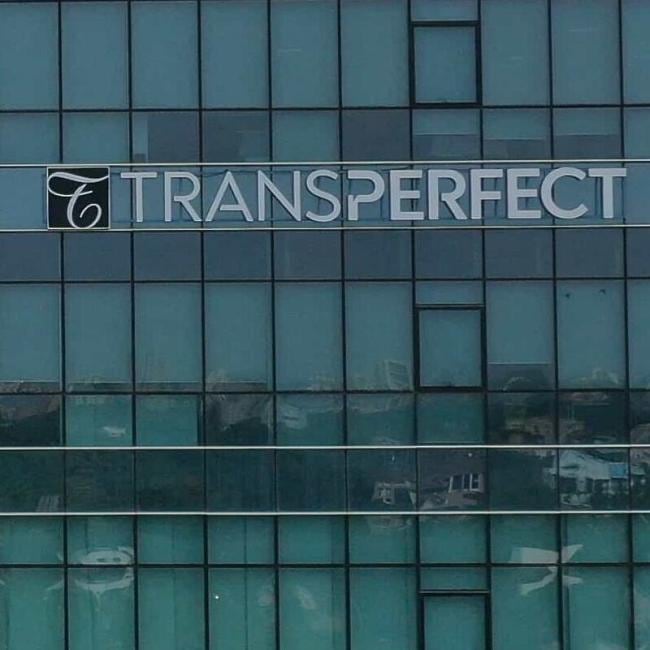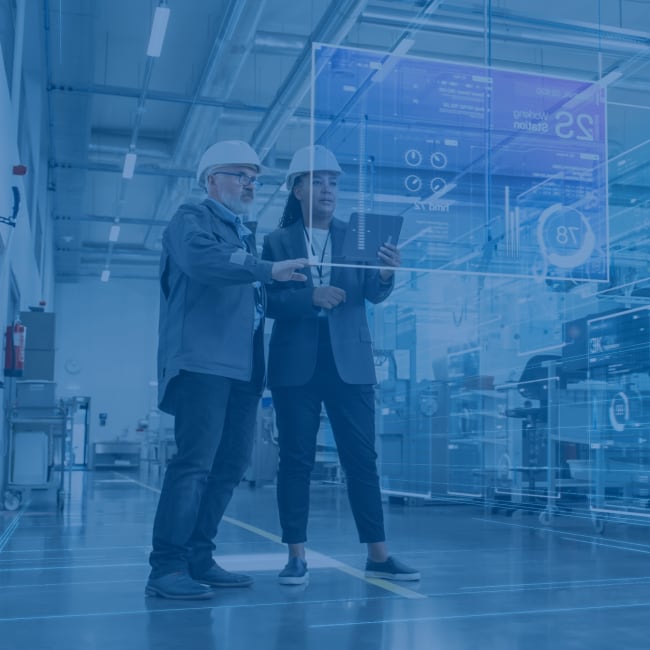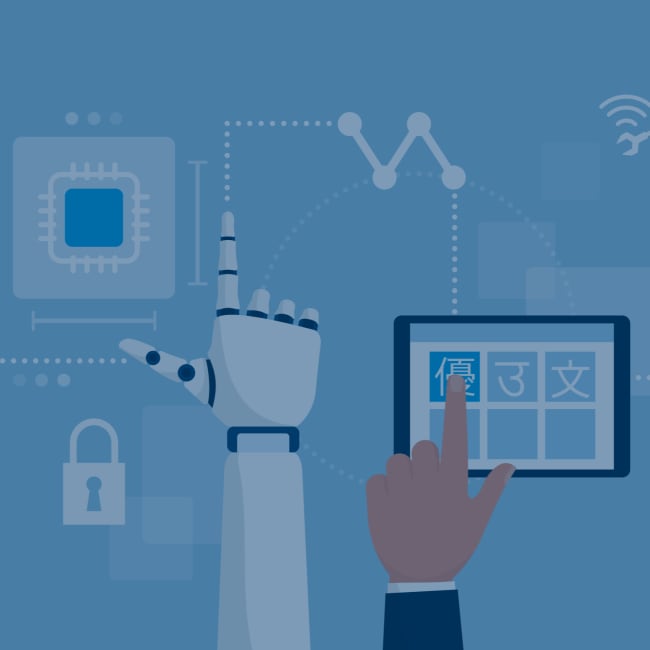Op Ed: AI Was Coming For My Translation Business, So I Adapted


Depending on who you ask, GenAI will either usher in a brilliant new era of progress, discovery and achievement, or it will render countless jobs obsolete and erode fundamental individual liberties. But as is true in all highly charged debates, the truth lies in the middle.
While GenAI certainly poses risks if used irresponsibly, it would be good to recall that it wasn't long ago that people leveled the same charges against home computers and the internet.
At its most basic level, GenAI is artificial intelligence capable of creating text, images or other media using models that learn patterns and structure of their input data, then generate new data with similar characteristics. Though still in its infancy, there is no denying that this technological tool is a disruptive force. However, the notion that machines will generate new great works of literature, original reporting for news stories or cogent, well-argued legal briefs, is highly unlikely.
As the founder and CEO of one of the world's largest providers of language and translation services, the question for us quickly became, how do we deploy this technology ethically while still maximizing its very real potential?
In the past decade, our business model has inexorably changed, from technology-enabled, human-led translations, to "human in the loop" AI-driven translations — translations done by AI, then edited for grammar and cultural competency by a person. To that end, our AI is constantly learning from our linguists and adjusting its models accordingly.
Since deploying this technology, I have been asked frequently about our team's level of concern for whether or not this could be the beginning of the end for not just my business, but our entire industry. And though it may surprise you to hear, our answer is unequivocally: no.
While the disruptive force of AI could indeed render some businesses obsolete, it is my unwavering belief that those forces can be mitigated by embracing the change and evolving with it. And embrace it we have, investing millions into developing our own AI models, as well as creating a new division tasked solely with gathering and cataloging the raw materials for GenAI model generation. In fact, the key themes echoed throughout the recent GlobalLink NEXT User Conference in New York, which my company hosts, was that we need to embrace the fact that the world of GenAI multilingual content is upon us.
As executives, civic leaders and the broader tech industry are all learning firsthand and in real time, GenAI is likely neither a catapult to the next Renaissance nor the first chapter in a real-life Terminator story. So for now, GenAI won't kill you, but it will kill your business if you don't adapt.


